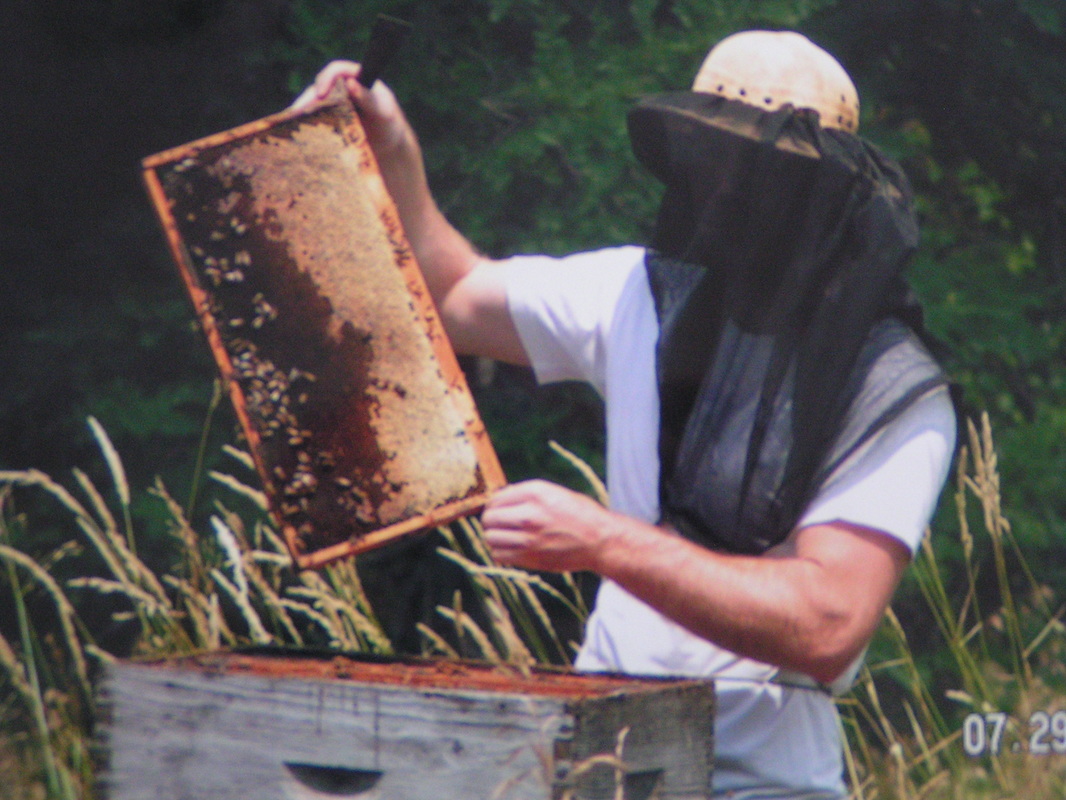China rejects such accusations, saying that competitor nations have a vested interest in peddling untruths to get China's honey pushed off the market. And Beijing has received new support from Brussels, which has just rescinded the import ban after EU inspectors confirmed that China was moving to stop chloramphenicol use and establish an effective control and detection system for food safety.
During the two-year EU ban, the disappearance of legal Chinese honey caused upheaval. For years it had been a basic ingredient in blended honeys because of its sweetness and cheapness; now packers worldwide switched to Argentine, Mexican and east-European honey. Yet chloramphenicol-tainted honey kept turning up.
In the export market there was a dramatic increase in honey on offer from Vietnam, for instance, where the bees had gone into such an overdrive that a country not known as a significant honey exporter had thousands of tons for sale. And there was something else. Thomas Heck, a director of the leading British honey importer Kimpton Brothers, recalls being offered a container-load of Vietnamese honey two years ago. 'Standard Vietnamese honey is dark, but this was white,' he said. 'It wasn't from one of our usual suppliers. We turned it down.'
Singapore suddenly discovered a penchant for beekeeping - surprising in a country which, according to Bee Culture magazine, 'has no bees' in the commercial sense. Overnight in early 2002, just as Chinese honey was banned by the EU, Singapore became the world's fourth biggest honey exporter and the tonnage of honey sold to Australia, which in 2001 had been zero, leaped to nearly 1,500 tonnes.
As emails and faxes kept arriving at honey packers in Europe and the US offering cheap honey from some unlikely places, investigators came to a startling conclusion: contaminated honey from China was being relabelled and offered for sale as the produce of third-world countries. In the past 12 months, honey labelled as the produce of Cyprus, Tanzania, Moldova, Romania, Argentina, Portugal, Hungary, Spain, Bulgaria and Vietnam has turned up in European ports, honey blenders and supermarkets, testing positive for chloramphenicol. In this period, it has been found in 14 consignments intercepted in Europe and the EU's 'rapid alert' food safety system in Brussels has been notified."
A bitter taste of honey
Michael Durham

 RSS Feed
RSS Feed
